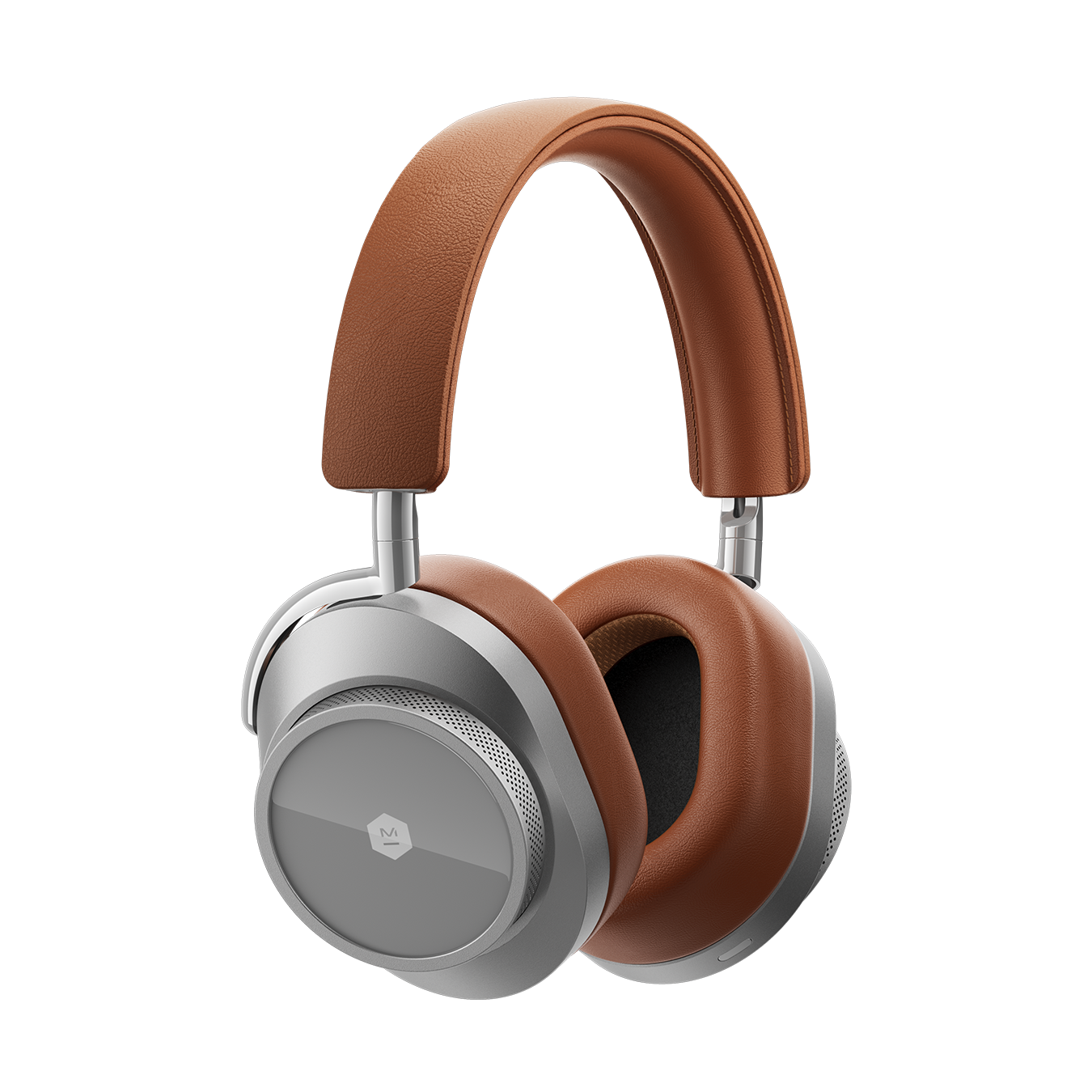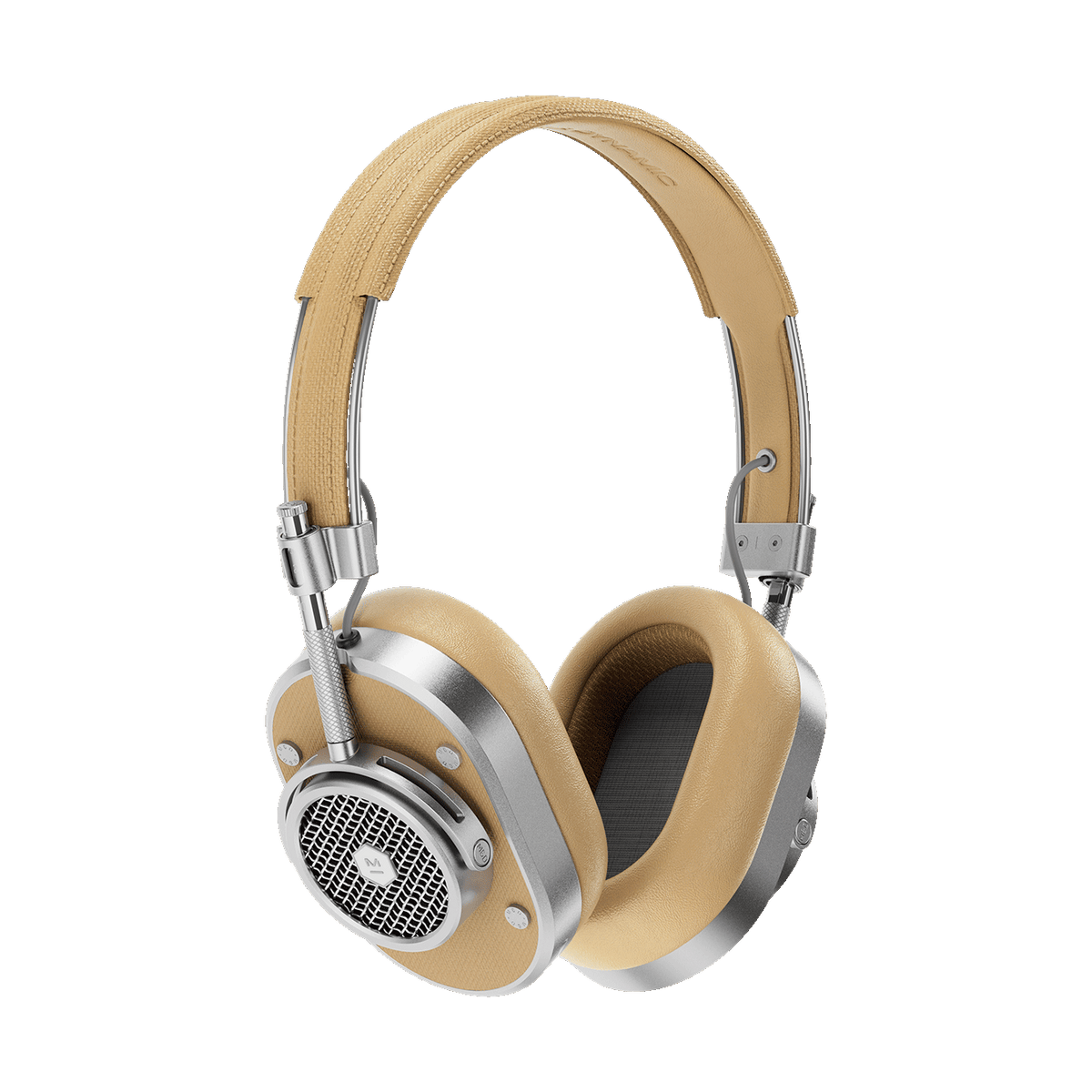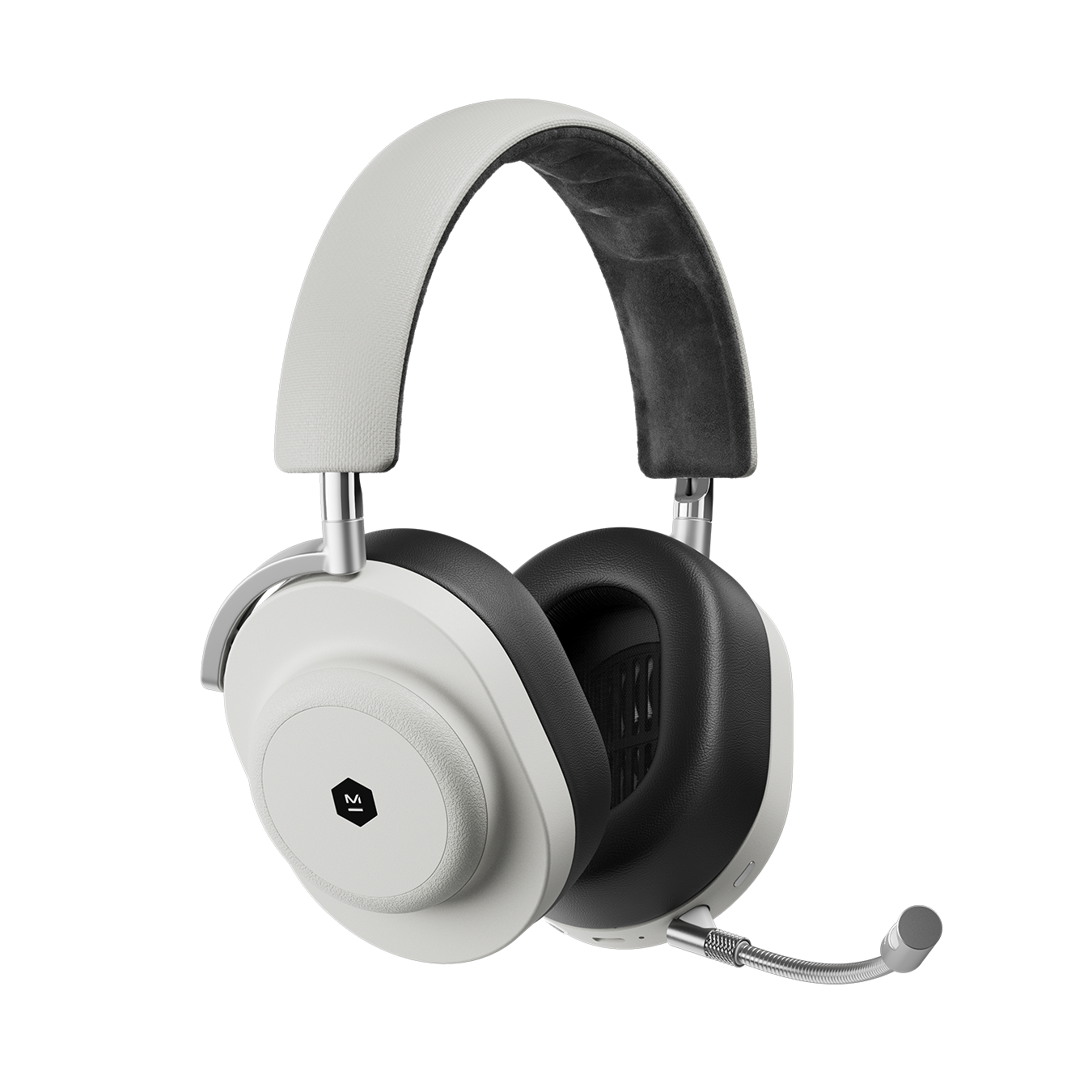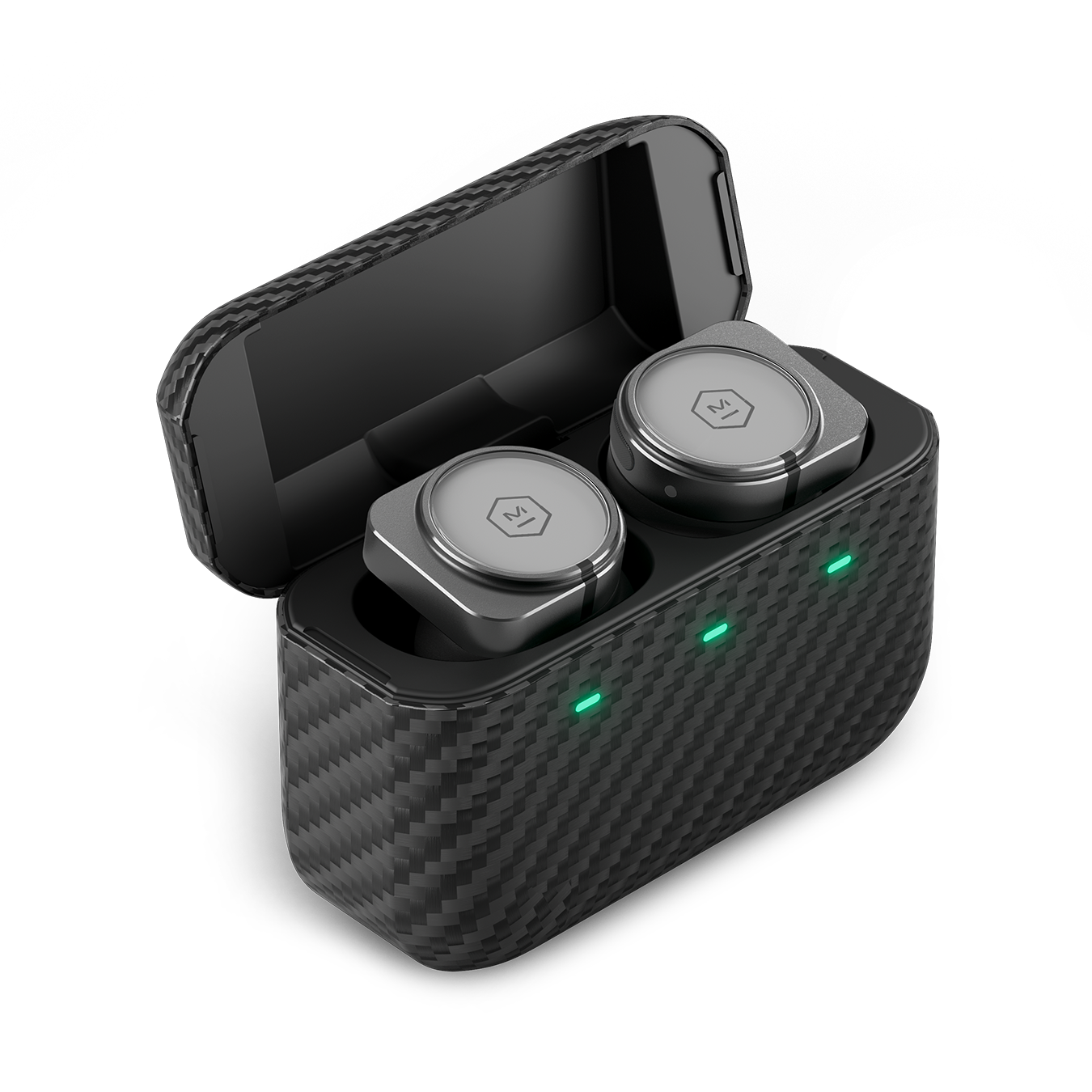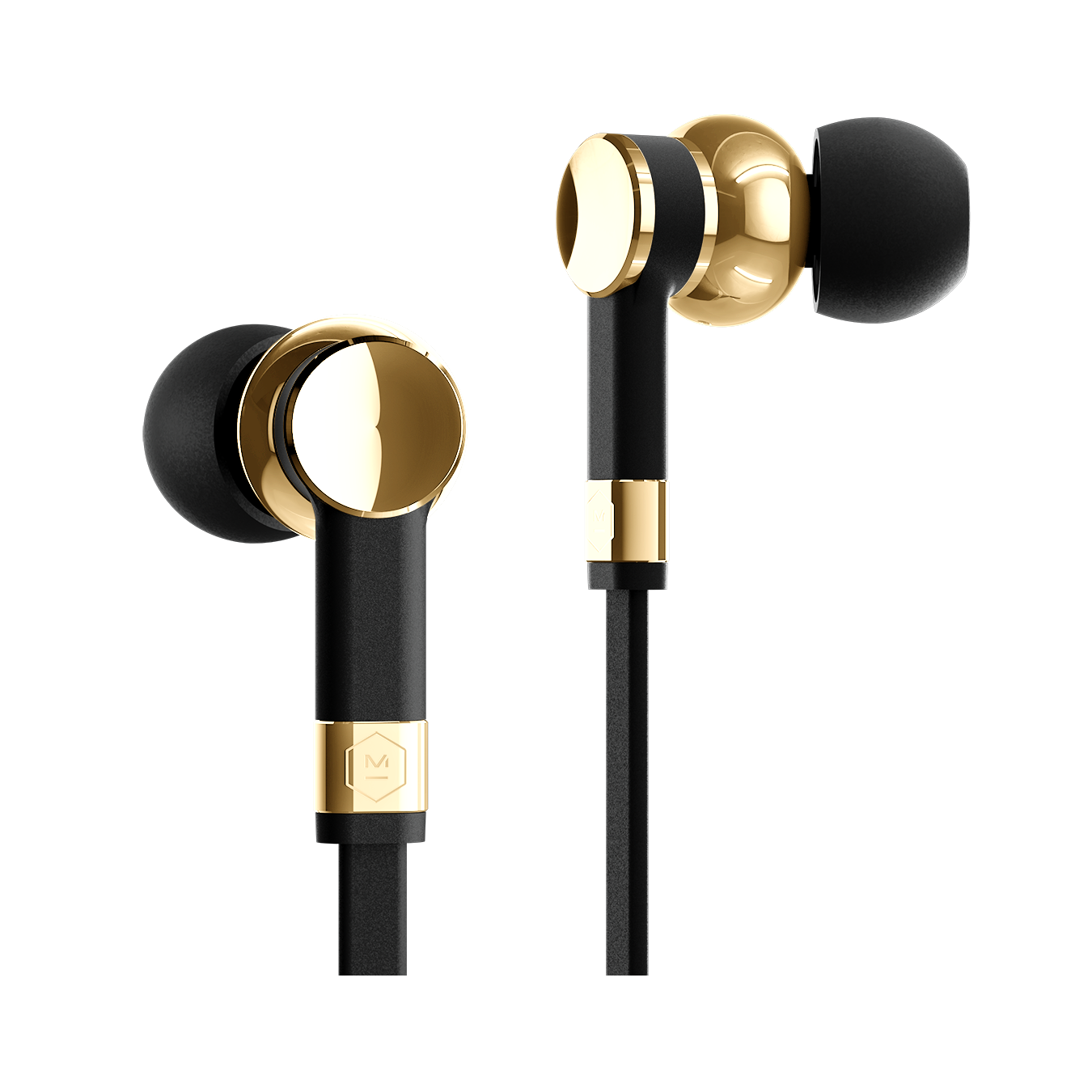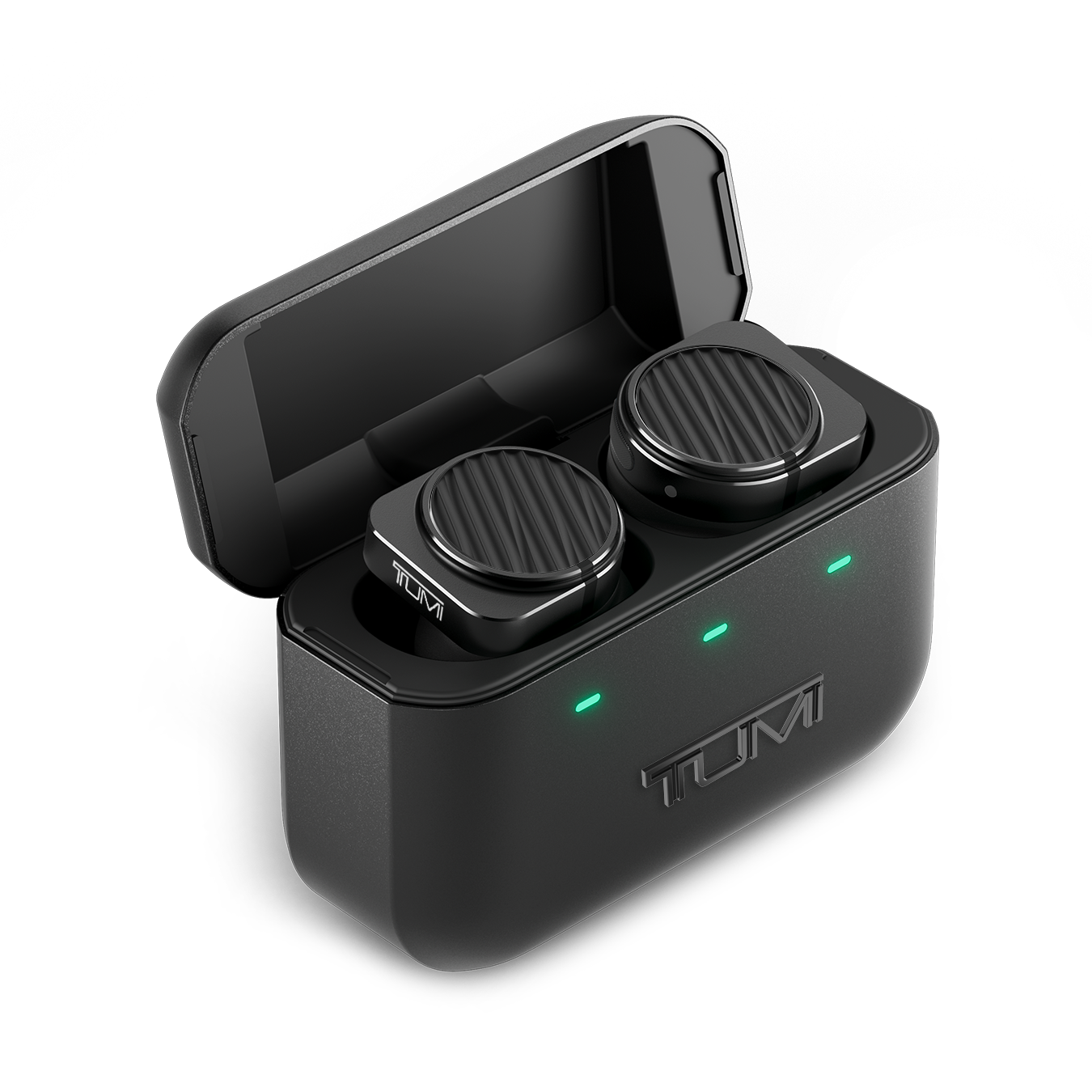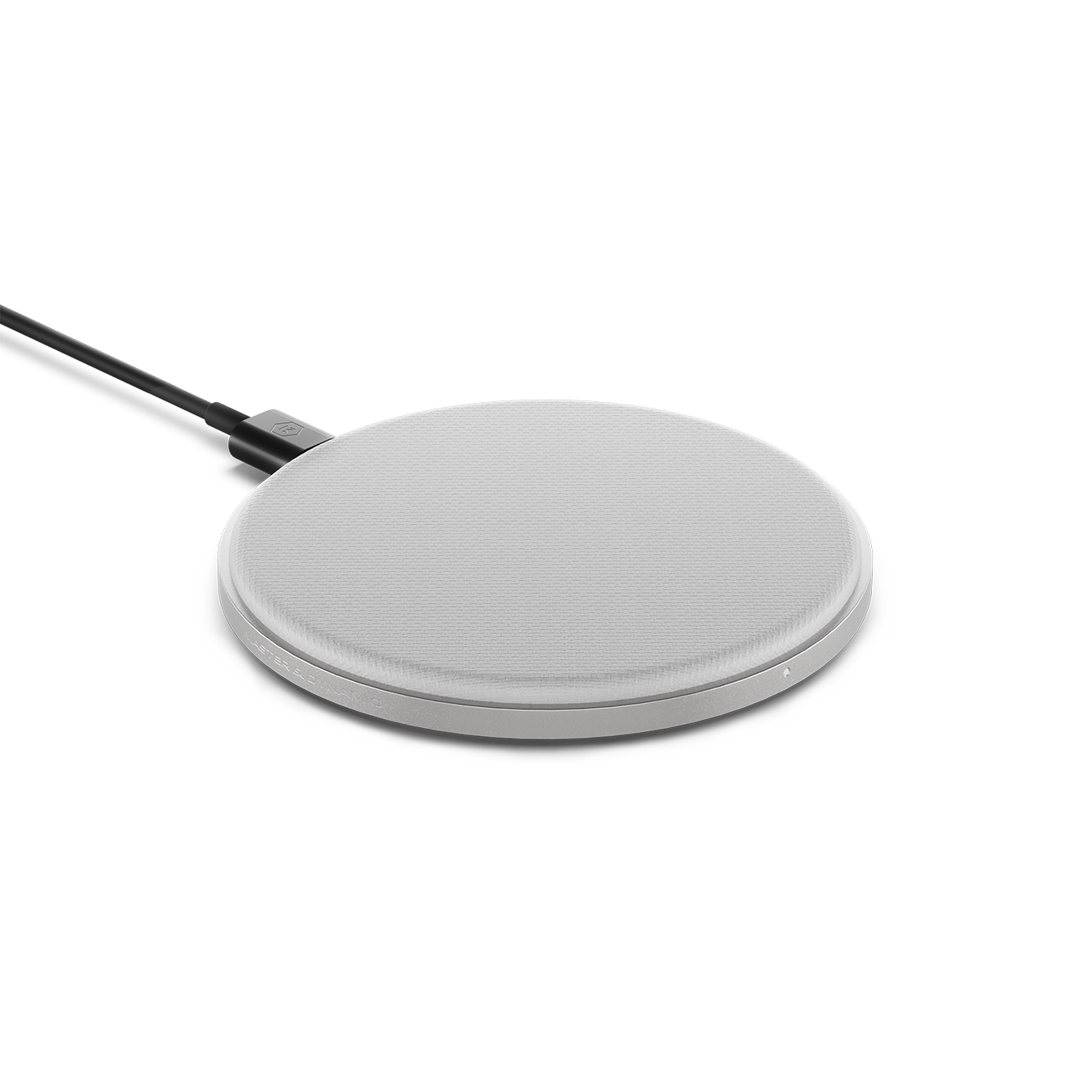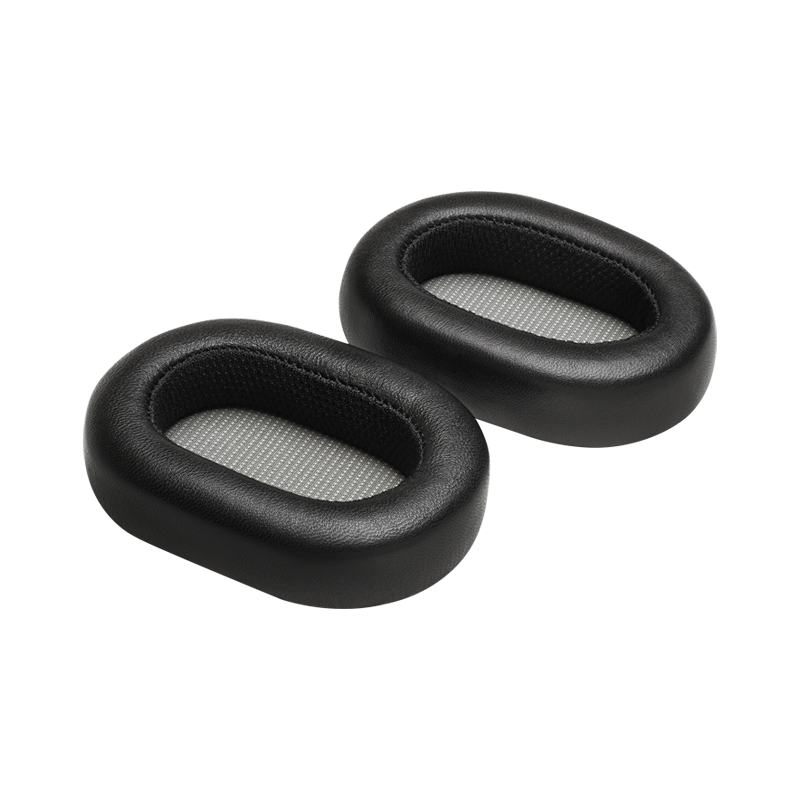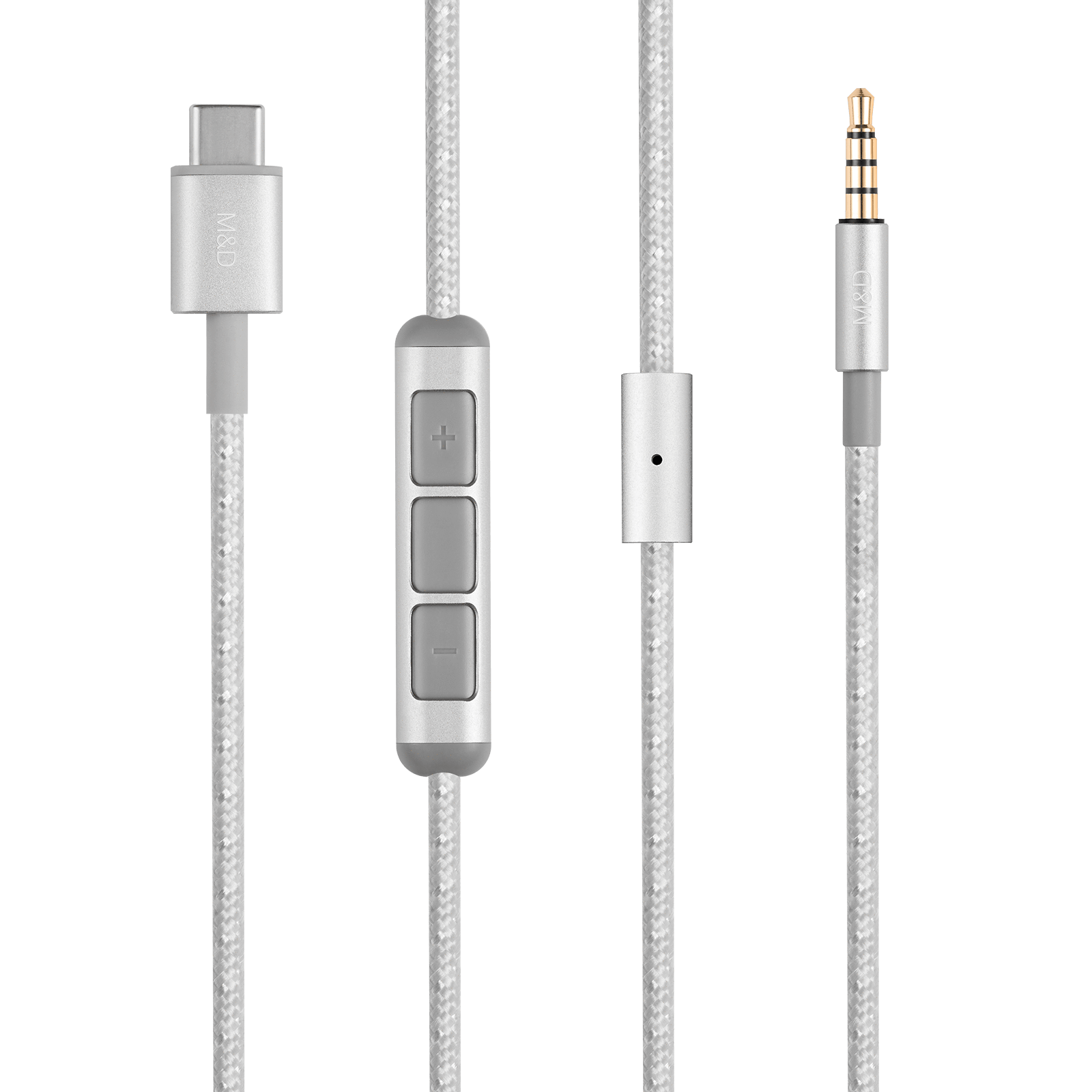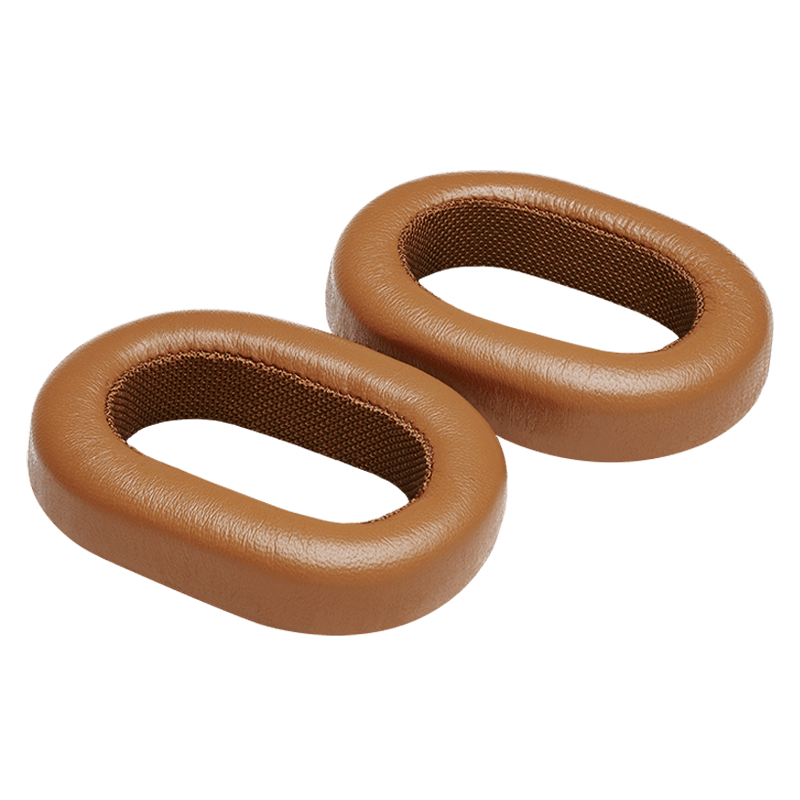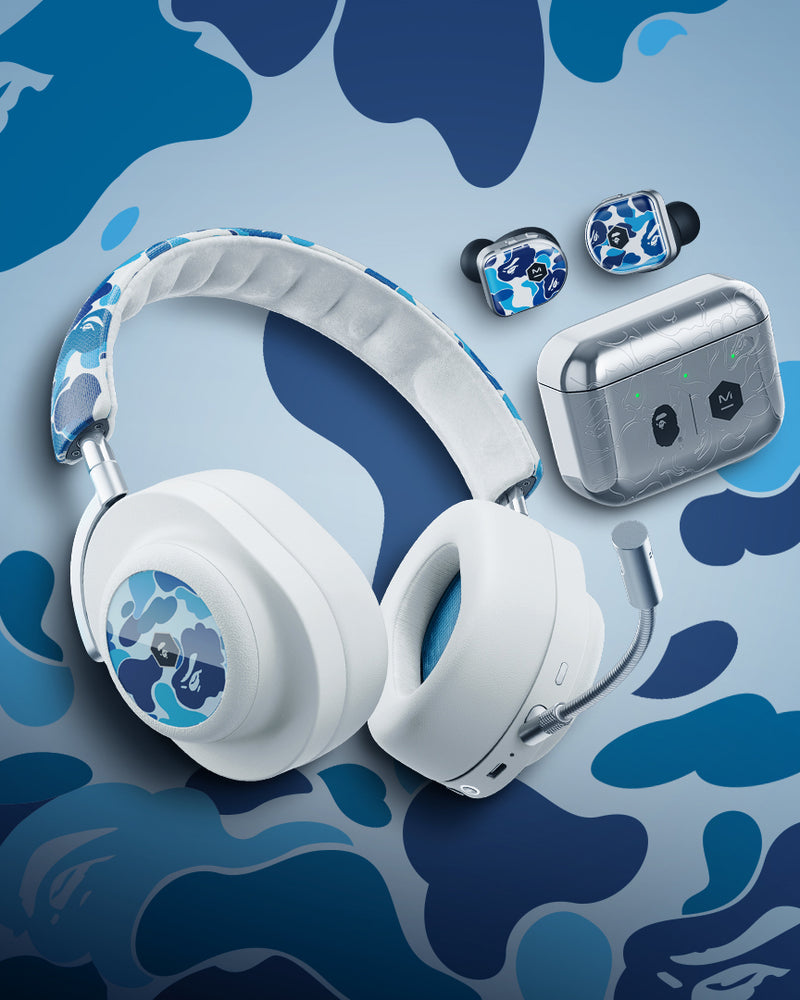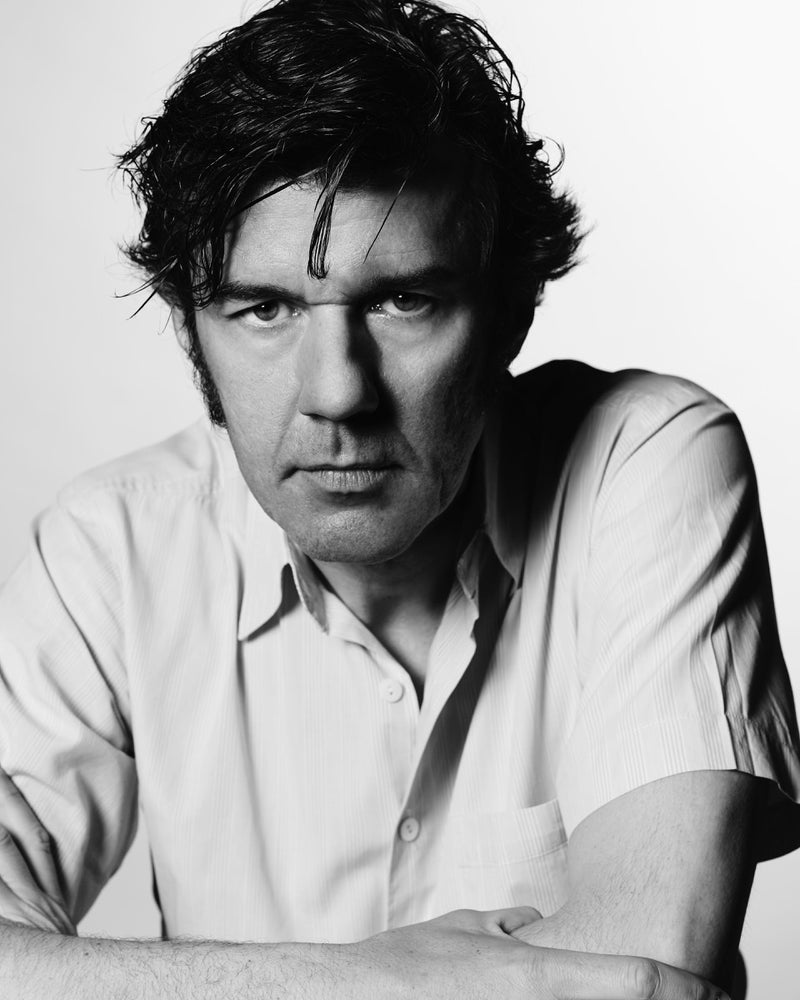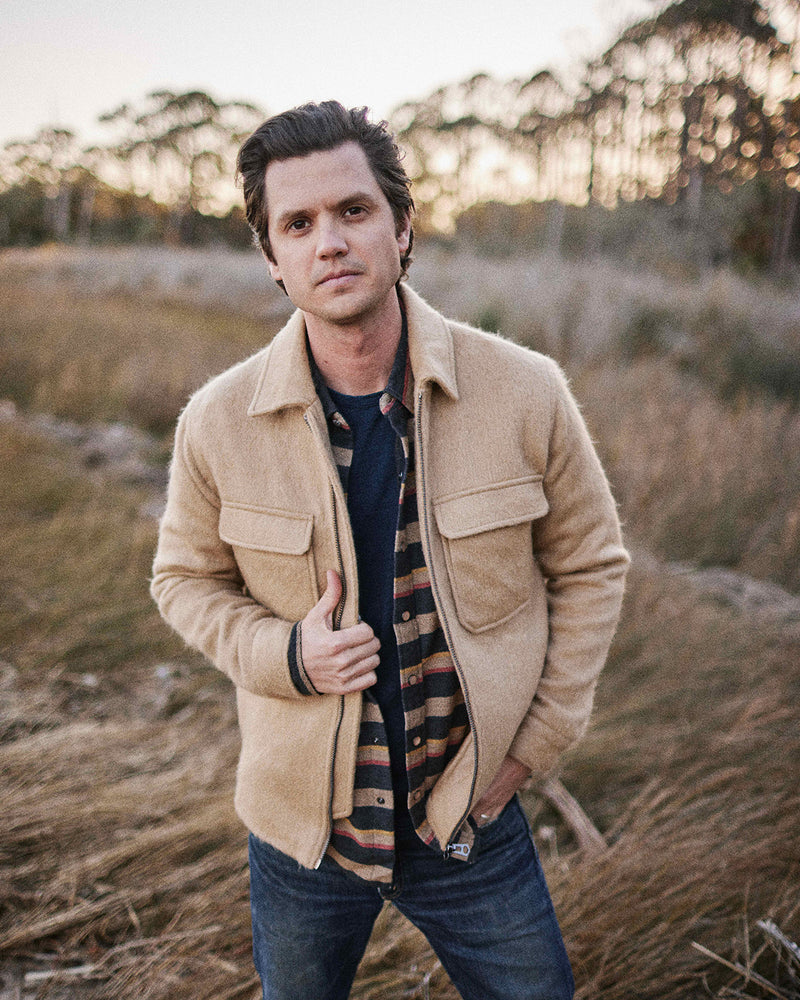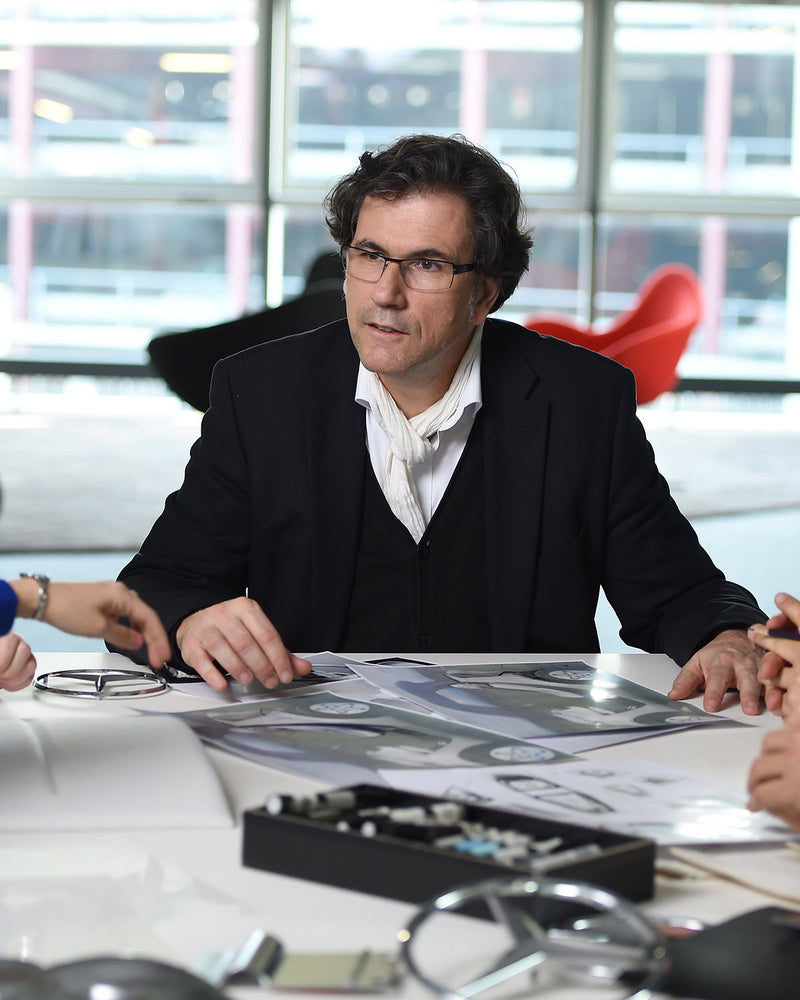Zen Freeman is a London-born, LA-based DJ, producer, and music supervisor. He’s done the music for New York Fashion Week events, the Academy Awards, and the Cannes Film Festival, as well as worked as producer for some of electronic music’s top labels. We sat down with Zen to talk about his love of his work, what it’s like to work New York Fashion Week, and his newest musical venture.
You’re a producer as well as a DJ. How did you get started doing both of those things?
I was really into stealing my parents’ records and doing mixes when I was thirteen, fourteen, and being the DJ at school parties. But it was always for fun. When I moved to Hollywood, I started DJing at film festivals. Then I started touring with a lot of bigger artists and playing big clubs, and it was just a natural progression.
What’s your favorite part of what you do?
I get a lot of stimulation from what I do, because I play tons of high profile events, but then I also get to play in front of [smaller crowds] and be silly and jump up and down. I do a lot of music supervision for fashion brands. I occasionally do scoring for TV shows and movies. So every day is really different.
How do you approach doing music for all these different clients and events?
All the clients I work for are very specific. So sometimes it’s walk into a room, look at what people are wearing, look at the ambiance—it’s quite easy to work a room and play music. But I want people to have a better experience because I’m playing music. For example, if it’s a film festival party, I don’t want the music to be too loud; I want them to be talking about the film. I like to do everything case by case.
What kind of music do you gravitate towards?
I just like really well-produced, sexy, contemporary dance music.
How do you find new music?
I buy a lot of music in obscure record shops in Berlin and London. I like to go through technology like Shazam, but [looking] specifically at things like, what are people in Prague listening to? What’s the most Shazamed song in Prague? There’s a website called Whale Report that shows you those stats. There are also the music blogs where you can see what music’s trending. And then one of my preferred ways of finding music is just going to [London record stores] Phonica and Piccadilly Records and Juno. There you can go through and sort by genre and release date and artist; you can even purchase the wav file, which for me is very important because I’m a collector of music. Sometimes if you find mp3s online, the quality isn’t as good.
Tell us about DJing during fashion week.
I do all sorts of fashion installations. I’ve designed sounds that sound like water for Hermes—they were doing a bathing suit collection launch. I’ve done things where Prada might be showing a collection for stylists and they just want atmosphere, background music. Normally brands like that like to activate something, whether it’s a cologne or a new watch; they’ll normally do the activation around fashion week, because you know you’ve got the good audience. I’ve been doing New York Fashion Week for the last decade.
Speaking of fashion, can you tell us a little bit about your personal style?
I grew up in London, so I’m really into fashion. But I’m a family man; I don’t like to waste money on top shelf stuff, but I love digging and going to the sales. I use Gilt a lot; I’m lucky that I’m kind of sample-sized. I’m so happy that a lot of my clients dress me for gigs and let me keep the clothes. I’m a really big fan of Burberry, Lanvin, Dries Van Noten. I’m obsessed with Saint Laurent kicks—I always find them in bargains on Gilt.
This year, you cofounded a music festival called RHA. Tell us about that.
I love [the Mexican village] Punta Mita; you can get there in two and a half hours from LAX. It’s just the most beautiful place, really just a piece of paradise not too far away. It’s a fishing town with some amazing restaurants. The coastline is beautiful; I’m a big surfer, and the surf down there is amazing. It’s similar to Malibu, except it’s completely deserted and the water’s warm.
The only thing missing is there’s not really any nightlife after dinner hours. So we just wanted to do a family-friendly festival with very forward-thinking DJs. Rha is the word for “the journey of flowing water” [in Wixárika, the language of the indigenous people of the Nayarit region.] We picked our favorite DJs, flew them in, put everybody up at the Saint Regis, did it during the low season so the rooms aren’t terribly expensive. We set the stage up on five helipads out on the beach. We had about 5,000 people come out for the two dates our first year. It’s a passion project; it’s not going to be profitable for a few years, but it’s a lot of fun.
What advice would you give to somebody looking to get into your industry?
It’s quite difficult to break into. You’ve got to obviously work, study the craft, be as good as you can possibly be. But I think unfortunately it’s not just about being talented in music nowadays; you have to have clients and connections, you have to be good on social media, you have to be good in the studio, you have to be good live. So just work hard, spread your chips. I get frustrated because literally I want to be just making music, but I’m on the phone, I’m online, I’m posting. But it’s all worth it. I love what I do.

